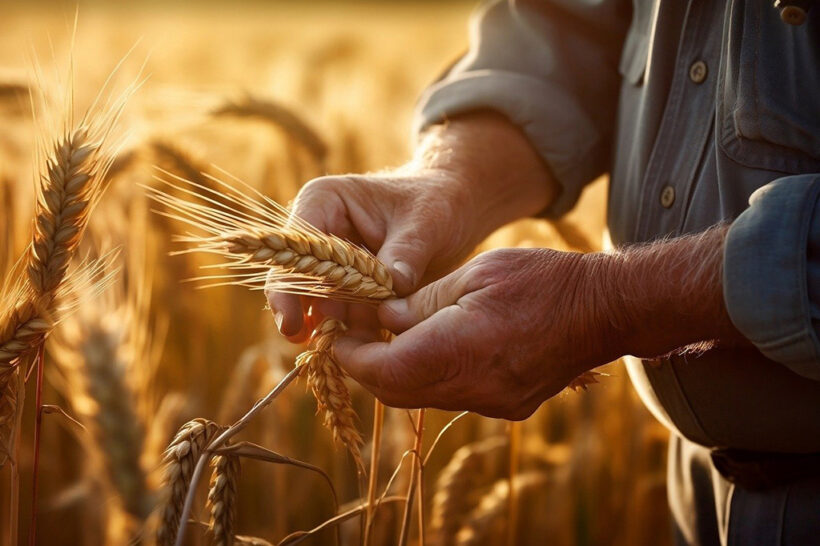The new omnibus bill presented by the government and the recent appointment of the president of INASE show that the government is taking a firm stance on seeds.
By Nora Tamagno/Tramas
In a previous article published in tramas, which we titled: Omnibus law. The commodification of seeds is deepening, we analysed the changes proposed by Milei’s omnibus bill in relation to seeds in our country and its impact on food sovereignty.
Today, after intense debates, not only in the legislature, but also in the community as a whole, a new text of the bill is known. It seems that some of the government’s initiatives have been curbed. From the information available so far, unfortunately, the article proposing “Accession to the Convention. The ARGENTINE REPUBLIC adheres to the International Convention on the Protection of New Varieties of Plants (1991)”, would remain firm.
This article seems to have gone unnoticed in the tangle of the omnibus debate, of a project that addresses issues as dissimilar as they are strategic. The reality is that, in a marathon and capricious race, in a record time debate, the sector of “dialogue-minded” legislators put the filter where they saw fit, the government made the changes and, finally, there would be a ruling.
Meanwhile, a decree has just been published in the official gazette appointing the agronomist Claudio Marcelo Dunan to the National Seeds Institute (INASE).
The new President of the Board of Directors is a graduate of UBA, with a PhD from Colorado State University and a PhD in Business Management from UCEMA. He has worked as a researcher and lecturer at universities in the USA, Italy and Argentina. In the industry he held CEO positions in several multinational agro-inputs companies. He is one of the 23 founding partners of the Bioceres Group, where he serves as director of strategy.
His profile is in line with the draft seed law, which aims to put an end to the universal right to “own use of seeds” held by rural producers and peasants. If UPOV 1991 is imposed, not only will traditional seed saving and exchange activities be criminalised, but also the profits of agribusiness corporations from royalties will multiply, causing a transfer of income from producers of all sizes to multinationals.
It remains to be seen whether this progress will be confirmed, because the debate on both the omnibus law and the DNU is still open-ended.






